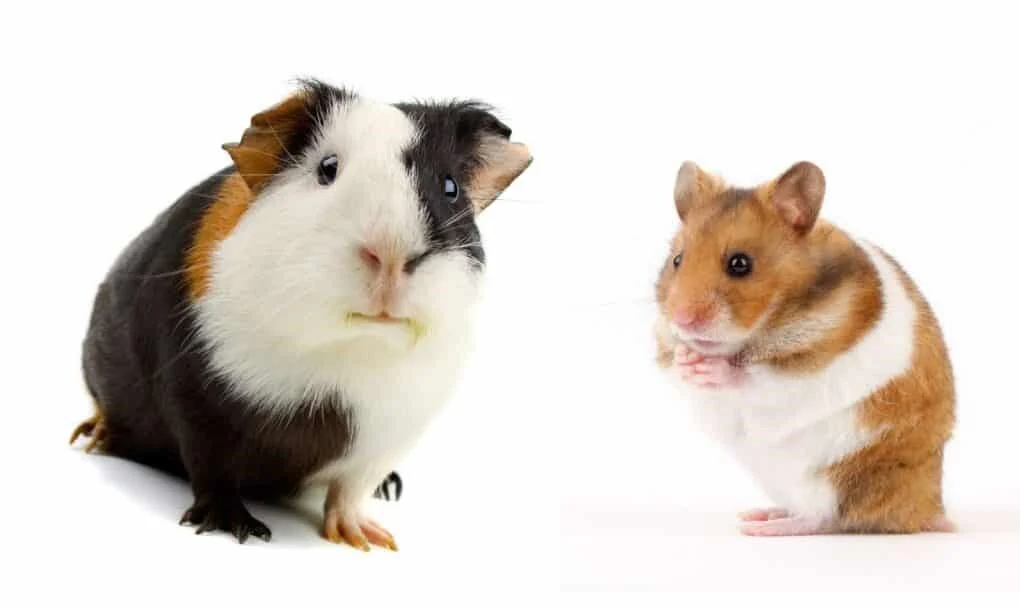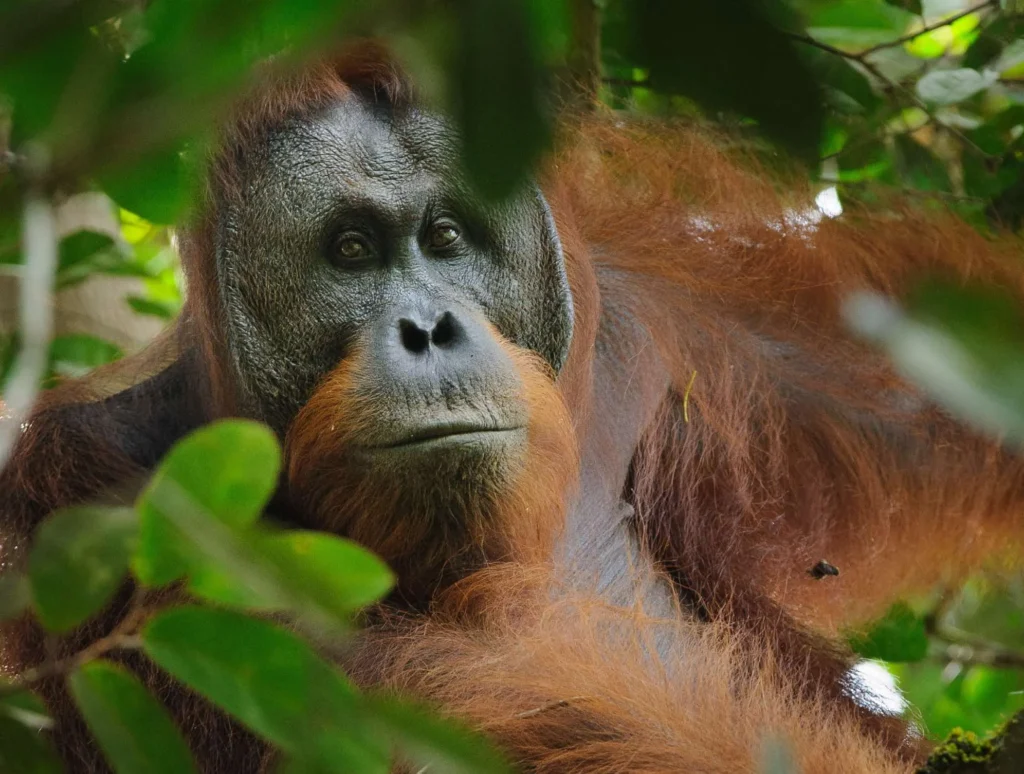Small pets like hamsters, guinea pigs, rabbits, and gerbils may be small in size, but they bring a big amount of joy and love to our lives.
Whether you’re a first-time pet owner or a seasoned enthusiast, caring for these little animals requires a unique set of considerations. Their needs may be simpler than larger pets, but their care is no less important.
If you’ve decided to bring a small pet into your home, it’s important to understand their specific requirements for food, housing, socialization, and health. Here’s everything you need to know to ensure your small pet thrives and feels loved in their new home.
1. Choosing the Right Pet for Your Lifestyle
Before bringing a small pet home, take some time to consider what type of pet is the best fit for your family and living situation.
- Hamsters are typically solitary creatures that don’t require much interaction beyond cleaning and feeding. They are ideal for people who have limited space or time, though they do need ample exercise, so a hamster wheel is a must.
- Guinea pigs are social animals that thrive in pairs or small groups. They need more space and require daily interaction, so they’re best suited for families or individuals who can devote time to their care.
- Gerbils are also social and energetic, needing plenty of space to dig and explore. They’re known for being low-maintenance, but they still need regular playtime and socialization.
- Rabbits, while a bit larger, are still considered small pets and can form deep bonds with their owners. They need ample space, a good amount of daily exercise, and lots of social interaction.
Consider your space, time, and commitment level when choosing the right pet. Some animals, like guinea pigs and rabbits, thrive on companionship and should never be kept alone, while others, like hamsters, may do better alone.
2. Proper Housing for Small Pets
Each small pet species has its own unique housing needs. Here are some tips to ensure they have a comfortable and safe environment:
Hamsters:
Hamsters do well in a secure, well-ventilated cage or enclosure with a solid floor. Wire cages work well, but make sure the bars are narrow enough to prevent escapes. The cage should have bedding like shredded paper or aspen wood shavings for burrowing and nesting. Include a wheel for exercise, tunnels for exploration, and toys to keep them entertained.
Guinea Pigs:
Guinea pigs need a large, spacious cage to roam, with a solid floor (no wire bottom cages, as these can cause injuries to their feet). Provide plenty of hay for bedding, and include tunnels, chew toys, and a cozy hideaway. Guinea pigs also love a bit of fresh grass, which can be spread on the cage floor for additional enrichment.
Gerbils:
Gerbil cages should be equipped with bedding that encourages digging—like sand or paper-based bedding. A glass aquarium with a secure lid is a good choice, as it prevents them from climbing out. Include a wheel, chew toys, and tunnels for exploration. Gerbils are highly social, so they should be housed with a companion if possible.
Rabbits:
Rabbits need a large enclosure, but they also require time outside of their cage to roam freely. A pen or large rabbit hutch is great for overnight or when you’re away, but they should be allowed to hop around a safe area of the house or yard daily. Rabbits need hay for bedding and a litter box to keep their living space clean. Be sure to rabbit-proof your home by covering wires and keeping dangerous items out of reach.
3. Nutrition: What Small Pets Should Eat
Proper nutrition is crucial for the health of small pets. Each species has different dietary needs, and feeding them the right food helps prevent obesity, digestive issues, and other health problems.
Hamsters:
Hamsters eat a variety of seeds, grains, and vegetables. Commercial hamster food mixes usually contain a combination of seeds, pellets, and dried fruits or veggies. You can supplement their diet with small pieces of fresh vegetables like carrots, cucumbers, or lettuce (but avoid iceberg lettuce, as it has little nutritional value). Offer a small amount of fruit as a treat, but not too often due to the high sugar content.
Guinea Pigs:
Guinea pigs require a diet high in fiber, so unlimited hay (like timothy hay) should make up the majority of their food. They also need fresh vegetables daily, particularly vitamin C-rich veggies like bell peppers, spinach, and kale. Unlike hamsters, guinea pigs can’t produce vitamin C on their own, so you must ensure they get enough from their diet. A small amount of pellets designed for guinea pigs can also be given, but avoid mixes with seeds or dried fruits.
Gerbils:
Gerbils are omnivores, so their diet includes seeds, grains, and vegetables. Provide them with a mix of commercial gerbil food, along with fresh veggies like carrots, broccoli, and leafy greens. They’ll also enjoy the occasional piece of fruit, but moderation is key. Be careful not to overfeed them, as they tend to hoard food, which can lead to obesity.
Rabbits:
Like guinea pigs, rabbits require a high-fiber diet consisting mainly of hay. Hay should be available at all times. In addition, offer fresh vegetables like leafy greens, herbs, and carrots. Avoid iceberg lettuce and excessive sugary vegetables or fruits. You can also give them a small amount of pellets designed for rabbits, but hay should be their primary food source.
4. Exercise and Socialization
Small pets, especially those like guinea pigs, gerbils, and rabbits, need plenty of exercise and mental stimulation to stay healthy and happy. Regular out-of-cage playtime is essential.
- Hamsters: Provide a wheel or exercise ball for physical activity. They are nocturnal, so expect them to be most active in the evening and early morning hours.
- Guinea Pigs: Guinea pigs enjoy exploring and will need time outside their cage to wander in a safe, enclosed area. They are social animals and should be handled gently to develop trust with their owners.
- Gerbils: Like guinea pigs, gerbils are social and should have a companion. They love to dig and burrow, so providing a safe space to explore and play is essential.
- Rabbits: Rabbits require daily time out of their cage for hopping around and exploring. They can be litter trained and will enjoy hopping around the house or yard. Ensure their environment is safe and bunny-proofed.
5. Grooming and Health Care
While small pets are generally low-maintenance in terms of grooming, regular care is still needed.
- Hamsters: They typically groom themselves, but you should regularly clean their cage and change bedding.
- Guinea Pigs: Long-haired guinea pigs need regular brushing to prevent their fur from becoming tangled. Trim their nails and check their teeth regularly, as dental health is vital.
- Gerbils: Gerbils groom themselves but will need their cage cleaned and bedding changed frequently. Watch for signs of overgrown nails or teeth.
- Rabbits: Rabbits require regular grooming, particularly long-haired breeds. They also need regular check-ups to ensure their teeth and nails are properly maintained.
Small pets bring a lot of love, joy, and companionship into our lives. Though they may be smaller and simpler to care for than some larger pets, their needs are just as important. By providing them with the right housing, diet, exercise, and socialization, you can ensure they live happy and healthy lives. Whether you’re caring for a curious hamster, a chatty guinea pig, or a playful rabbit, your small pet will undoubtedly repay you with big love.




